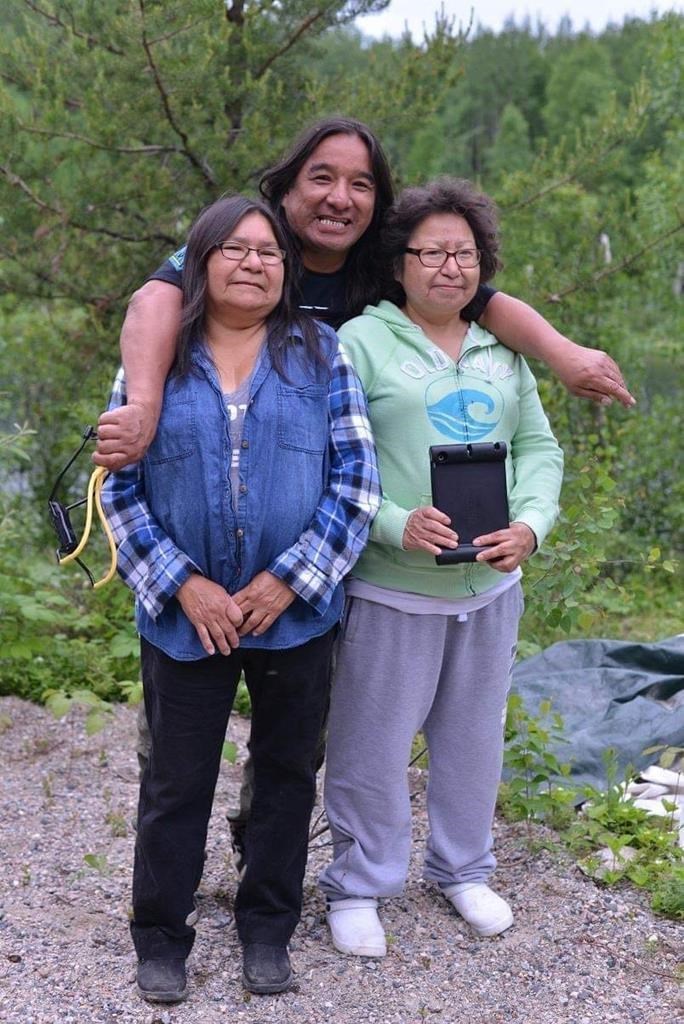The jury at the inquest into the death of Moses Beaver said Thunder Bay, Ont., where the prominent Indigenous artist died by suicide in a jail cell, needs more money to train police and health workers in dealing with mental health cases.
The month-long inquest following Beaver's death in February 2017 focused further attention on Thunder Bay law enforcement, which has faced widespread condemnation over its relations with First Nations, including accusation of systemic discrimination.
Jurors largely endorsed the dozens of recommendations put forward earlier this week by lawyers for the artist's family, the Ontario government and other parties.
Overall, they called for strengthening systems for police and others to deal with people experiencing mental distress.
One recommendation urged the creation of a mental health unit at a new city jail.
Another highlighted the need for cameras in certain jail cells, stressing that more consideration be given when assigning cells to inmates "who are at elevated risk of suicide."
The jury also called for the expansion of mental health transport teams to make sure those in crisis are taken to hospital when needed.
Beaver, a 56-year-old artist from Nibinamik First Nation, was pronounced dead in hospital after being found unresponsive in his cell.
His family had told the inquest they tried many times to find him help to deal with intergenerational trauma and his deteriorating mental health, but a disorganized system was not able to meet his needs.
"All stakeholders working with members of remote First Nations should be required to fulfill informed trauma training," the jury said.
Beaver was jailed after he assaulted a medical worker, and he was put on a suicide watchlist before his death.
A nurse and a doctor also told the inquest that their efforts to share Beaver's medical records with the jail were ignored despite the calls they made.
"When a family member or outside medical professional contacts a correctional facility with medical information regarding an individual, this information should be shared with a healthcare professional, documented and flagged to the most responsible practitioner," the jury said.
Beyond reinforcing mental health care, the jury also called on the government to provide annual funding for Nibinamik Education Centre and another community institution to support Beaver's artistic and Indigenous cultural vision.
In closing remarks, one jury member said it had been an honour getting to know the artist after his death.
"We have all been deeply impacted and will carry a piece of him with us," the juror told Beaver's family. "Our hearts are heavy with the events that Moses had to endure and the tragedies you have all experienced."
This report by The Canadian Press was first published May 12, 2023.
Sharif Hassan, The Canadian Press



